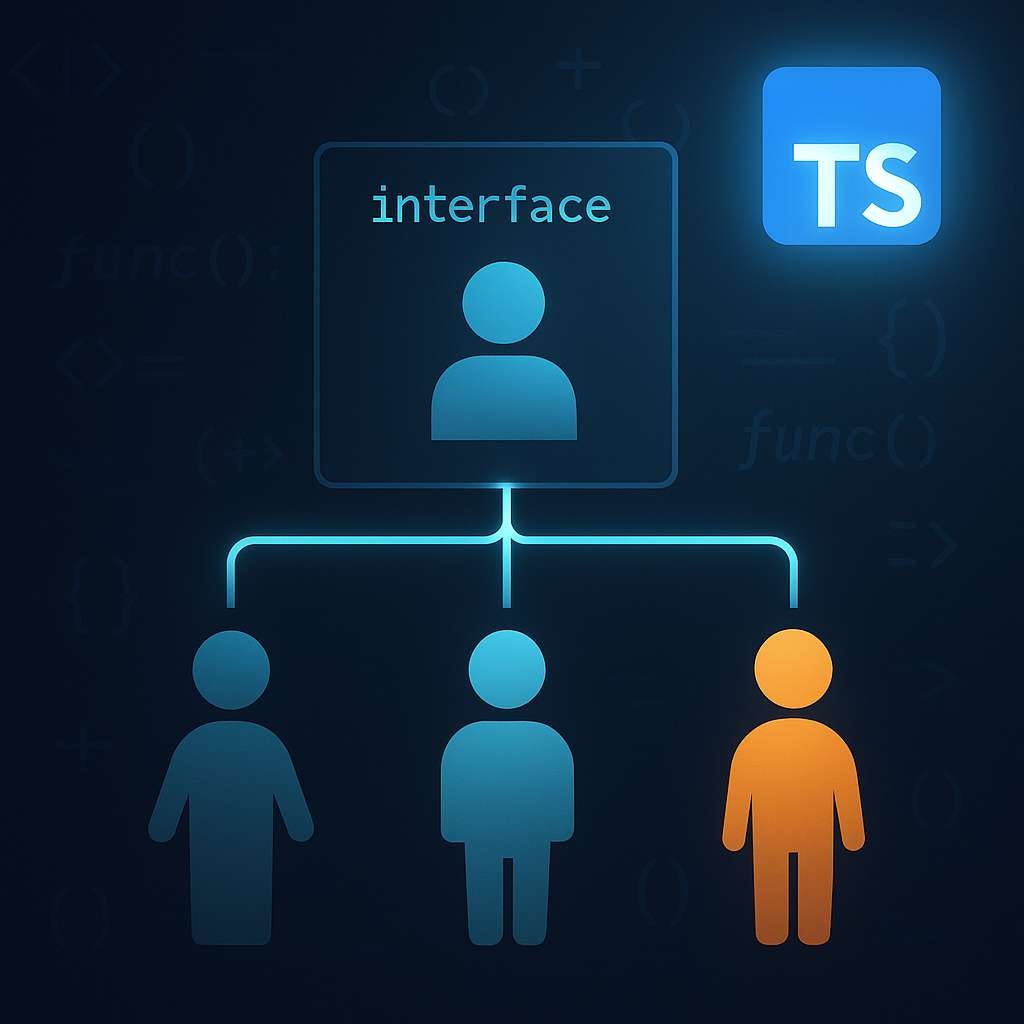Medium
2w
317

Image Credit: Medium
Polymorphism in TypeScript: A Deep Dive for Real-World Development
- Polymorphism in TypeScript allows for managing various behaviors through a common interface.
- It enables scalability by adding new classes that adhere to a contract without breaking the existing system.
- Polymorphism keeps systems flexible, allowing dynamic switching of loggers at runtime.
- TypeScript's structural typing and polymorphism enable functions to be adaptable while maintaining type integrity.
- Polymorphism at the type level facilitates clean and scalable architecture.
- Using polymorphism with TypeScript's type narrowing features ensures safe runtime behavior.
- Roles in applications, like Driver, Passenger, Admin, can leverage polymorphism by sharing a common interface or abstract class.
- Applying polymorphism eliminates duplicated logic, keeping code DRY and future-proof.
- Overengineering in polymorphism, creating unnecessary layers, should be avoided.
- Start with concrete implementations and introduce polymorphism when similar patterns emerge across the codebase.
- Consider interface-based designs for better scalability when adding more behaviors.
- Composing behavior with small modules is preferred over deep class hierarchies to make code easier to test and extend.
- The ecosystem is adopting tools like Zod and io-ts for runtime validation in TypeScript types, enhancing polymorphic APIs.
- Mastering polymorphism in TypeScript provides a significant edge in developing applications.
- This article provides insights into leveraging polymorphism for real-world development in TypeScript.
Read Full Article
19 Likes
For uninterrupted reading, download the app